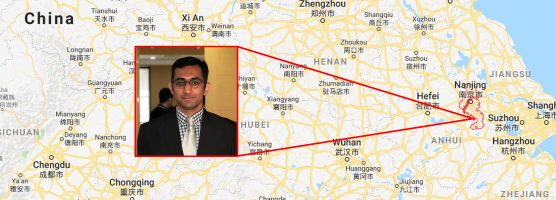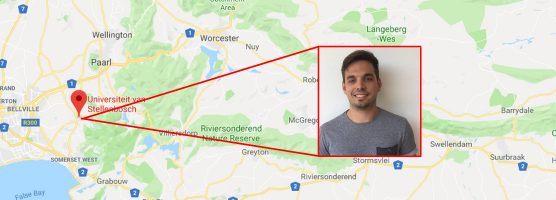Posted August 12th, 2019
New correspondent: Kamile Petrauskiene from Kaunas University, Lithuania
We welcome Kamile Petrauskiene from Kaunas University of Technology in Lithuania as our new correspondent. Her bachelor and master studies were in the field of Environmental Engineering, and her future lies somewhere in the sphere of sustainable development. We’re happy to have her as our partner in Kaunas, a city 200 km east from the (rising) Baltic Sea. She will help us find suitable subjects to be featured in her country. Cool Down The Planet first asked Kamile to answer some questions.
Hi Kamile, can you introduce yourself?
My name is Kamile Petrauskiene, I am a first-year PhD student at Kaunas University of Technology, Institute of Environmental Engineering. I study environmental engineering and specialize in sustainable mobility, renewable energy, life cycle analysis, resource and energy efficiency. I expect to participate in projects and programs, which focus on vehicular technologies, e-mobility that could promote healthy urban development and sustainable cities.
What motivated you to choose for this study?
I have always been fascinated with research in solving environmental issues, optimising production and consumption, living a healthy and environmentally friendly lifestyle. My bachelor and master studies were in the field of Environmental Engineering. There I gained a lot of knowledge about sustainable development, corporate social responsibility, integration of various technologies and etc. Ambitions to broaden my mind and expand my awareness in sustainable mobility led me to a doctoral student life, where I can deepen my knowledge in my favourite environmental topics.
What are your ambitions? How would you like to develop your future career?
Being a PhD student my ambitions and wish would be to succeed in the field of my research and put it into a practise. Besides, I imagine myself working as a researcher at university, working with international projects, having internships, as well as working in a private sector and develop environmental efficiency; or creating my own business.
Do you see any results from climate change in your region? If yes, can you give an example?
Yes, indeed. In the past 50 years: the annual average air temperature rose by 0,7 °C, annual average amount of precipitation increased by 4 percent; the number of cases when the air temperature is higher than 30 °C has increased 3 times; days with snow cover decreased by an average of 10 days; the level of the Baltic Sea in Klaipeda city rose by about 15 cm. The rise of the sea level causes more and more severe storms that determine narrowing of the seashore.
What do you consider is a strong quality of the Cool Down The Planet formula?
Climate change is a global challenge that does not respect national borders. It is an issue that requires solutions that need to be coordinated at the international level. Cool Down The Planet is a modern platform that can gather international students and professionals as „crowd engineers“ with solutions, fresh ideas and knowledge from different countries. Working „online“ together and developing methods to solve the challenges that are very topical issues is a promising tool that could reduce global warming and take action in order to achieve Sustainable Development Goals.

